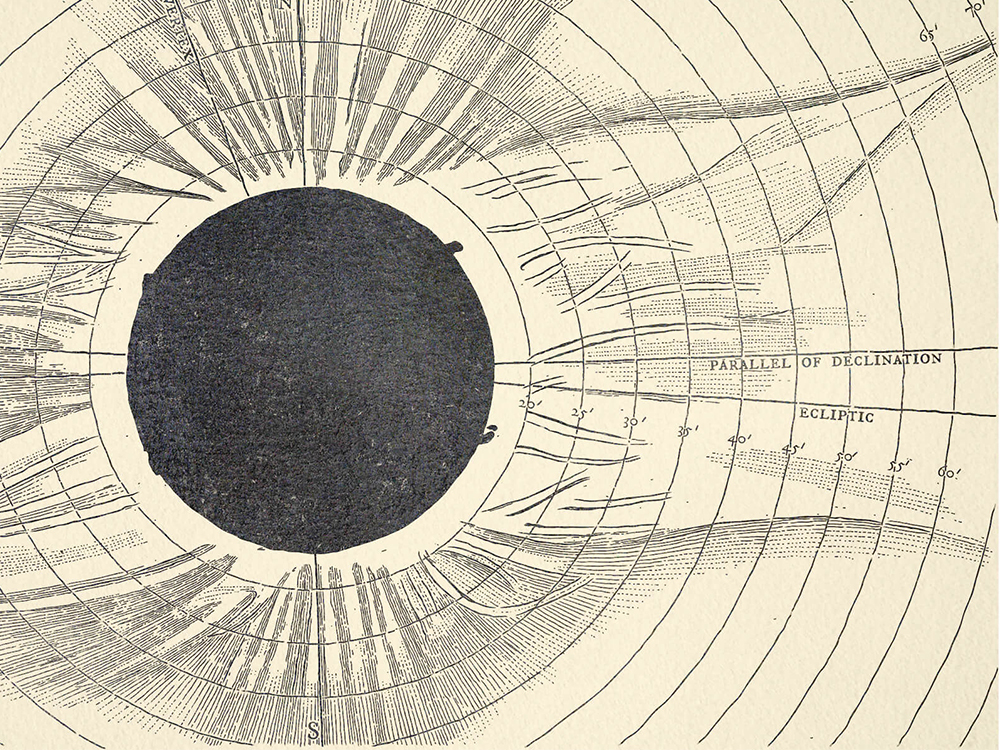UTD To Be Stellar Site for Rare Sight During Eclipse Season
09.18.2023

If you ask someone who has witnessed a total eclipse of the sun to describe the experience, they will likely use adjectives such as exhilarating, spiritual or life-changing. More profound, however, will be their emotional connection to the experience – not only to the eclipse itself, but also to the place where it occurred.
Next spring, on April 8, tens of thousands of students, staff and faculty will experience this event of a lifetime at The University of Texas at Dallas. The campus will be directly in the path of a rare total solar eclipse. During totality, the moon will pass between the sun and Earth and blot out the sun for approximately four minutes. The next total solar eclipse to pass over a large swath of the continental U.S. will not occur until 2045.
But before that memorable moment, Comets can practice their viewing skills Oct. 14, when a partial solar eclipse will be visible in North Texas. Over UT Dallas, the moon will cover about 80% of the sun, while parts of Southwest Texas will experience an annular solar eclipse. This type of eclipse is similar to a total eclipse, except the moon does not completely cover the sun; it leaves visible the thin “ring of fire” of the sun’s disk. Texas will not experience another annular solar eclipse until 2077.
For eclipse-related information, including campus events, safe-viewing tips, science and history blogs, and FAQs, visit the UT Dallas eclipse website, which will be updated as the eclipses draw near.
–Amanda Siegfried
 On Aug. 21, 2017, there was a stellar scene on the Margaret McDermott Trellis Plaza at The University of Texas at Dallas, when the campus community gathered to witness a solar eclipse. Equipped with safety glasses, Comets took turns glimpsing the cosmic event, and even though North Texans only saw a partial eclipse, it was still quite a sight to see. UT Dallas will be in the path of a total solar eclipse on April 8, 2024.
On Aug. 21, 2017, there was a stellar scene on the Margaret McDermott Trellis Plaza at The University of Texas at Dallas, when the campus community gathered to witness a solar eclipse. Equipped with safety glasses, Comets took turns glimpsing the cosmic event, and even though North Texans only saw a partial eclipse, it was still quite a sight to see. UT Dallas will be in the path of a total solar eclipse on April 8, 2024.